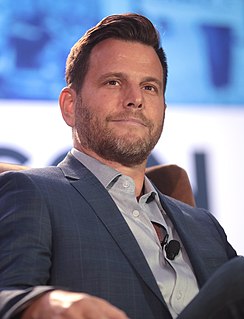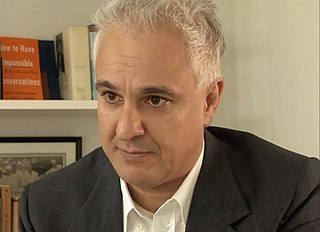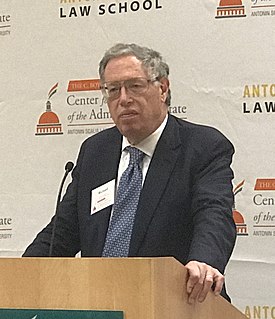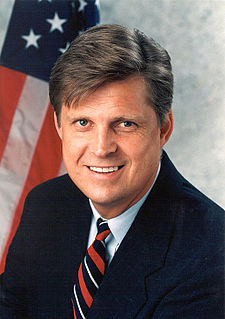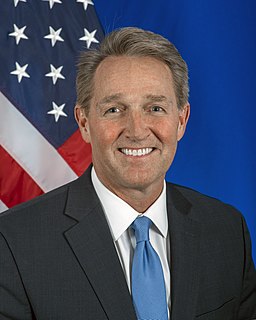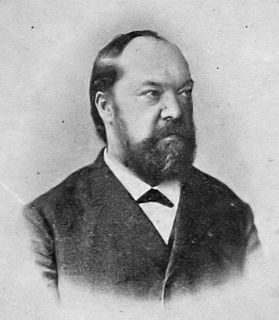A Quote by Dave Rubin
Classical liberalism is the idea that individual freedom and limited government are the best way for humans to form a free society.
Related Quotes
Liberalism is a creation of the seventeenth century, fathered by British philosopher John Locke (1632-1704). For Locke, liberalism means limited government, the rule of law, due process, liberty, freedom of religion, freedom of speech, freedom of the press, freedom of assembly, separation of church and state, and separation of government powers into branches that oversee each other's authority.
Conservatives believe government's principal functions are the preservation of freedom and removal of restraints on the individual. Liberalism's ascent in the first two-thirds of this century reflected the new belief that government should also confer capacities on individuals. Liberalism's decline in the final third of this century has reflected doubts about whether government can be good at that, or whether government that is good at that is good for the nation's character.
Freedom of speech is a principal pillar of a free government; when this support is taken away, the constitution of a free society is dissolved, and tyranny is erected on its ruins. Republics and limited monarchies derive their strength and vigor from a popular examination into the action of the magistrates.
Individual freedom and drug laws contradict each other. In a genuinely free society, people are free to ingest whatever they want to ingest, no matter how harmful or destructive. What people ingest is none of the government's business. If drug users or drug addicts wish to get help, a free society provides the means to do so.
For liberalism is a delicate thing. It encompasses so much -- constitutional government, democratic elections, freedom of worship, civil rights, free trade -- that we think of it as timeless and universal. But liberalism came into being in a real place and time, like a flame it has wavered in various eras, and it can be snuffed out.
We must make the building of a free society once more an intellectual adventure, a deed of courage. Unless we can make the philosophic foundations of a free society once more a living intellectual issue, and its implementation a task which challenges the ingenuity and imagination of our liveliest minds, the prospects of freedom are indeed dark. But if we can regain that belief in the power of ideas which was the mark of liberalism at its best, the battle is not lost.
I think the Respublican party's lost its way. We have given into nativism and protectionism. And I think that, if we're going to be a governing party in the future, and a majority party, we have got to go back to traditional conservatism, limited government, economic freedom, individual responsibility, respect for free trade. Those are the principles that made us who we are.
There is no good government but what is republican. That the only valuable part of the British constitution is so; for the true idea of a republic is "an empire of laws, and not of men." That, as a republic is the best of governments, so that particular arrangement of the powers of society, or in other words, that form of government which is best contrived to secure an impartial and exact execution of the law, is the best of republics.
Classical is a more refined and structured dance form. Folk is made for celebration. That's not a very competitive dance form. Though you can bring classical on stage, folk becomes limited. Like you would love to do bhangra and garba at parties, but when you see it on stage, it is very limited in terms of movements.
The American heritage was one of individual liberty, personal responsibility and freedom from government ... Unfortunately ... that heritage has been lost. Americans no longer have the freedom to direct their own lives ... Today, it is the government that is free - free to do whatever it wants. There is no subject, no issue, no matter ... that is not subject to legislation.
Freedom is necessary for two reasons. It's necessary for the individual, because the individual, no matter how good the society is, every individual has hopes, fears, ambitions, creative urges, that transcend the purposes of his society. Therefore we have a long history of freedom, where people try to extricate themselves from tyranny for the sake of art, for the sake of science, for the sake of religion, for the sake of the conscience of the individual - this freedom is necessary for the individual.
What is the use of freedom of the press if the government is in possession of all the printing presses, what does freedom of assembly avail if all the meeting places belong to the government? In a society in which there is no more personal and economic freedom, even the freest form of the state cannot make political independence possible.
